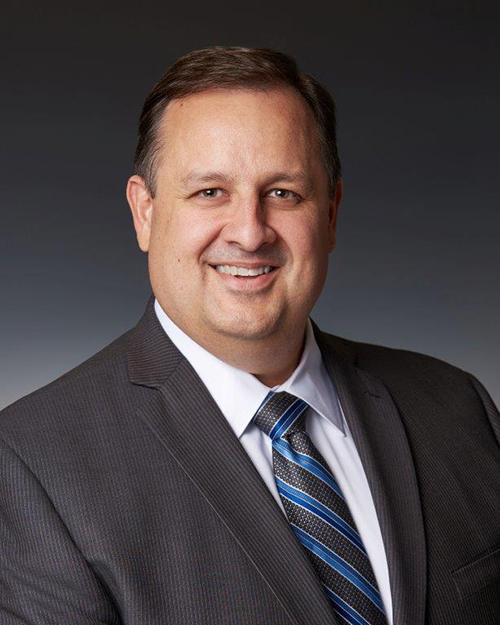
Walter Shaub, the head of the US Office of Government Ethics, announced his resignation Thursday, unleashing a torrent of speculation about the future of the federal agency tasked with keeping government officials honest and upstanding. It also gives President Trump—whose administration Shaub has taken to task multiple times in just six months—an opportunity to install his own ethics chief.
Shaub, who was appointed to the post in 2013 by President Barack Obama, is leaving for a job as the senior director for ethics at the Campaign Legal Center, which advocates for campaign-finance reform and expanded voting rights. Although he had job security through January 2018—OGE directors get five-year terms—in a resignation letter posted to Twitter, Shaub hinted one more time that the government is not in the most honest hands right now.
“The great privilege and honor of my career has been to lead OGE’s staff and community of ethics officials in the federal executive branch,” Shaub wrote. “They are committed to protecting the principle that public service is a public trust“—emphasis Shaub’s—”requiring employees to place loyalty to the Constitution, the laws, and ethical principals above private gain.”
https://twitter.com/waltshaub/status/883007616435269632
Shaub’s resignation letter is not the first time he’s been directly or indirectly critical of Trump’s refusal to separate himself from his private financial interests, as past presidents have done. In November, OGE’s official Twitter account sent out a series of statements jokingly congratulating Trump on divesting himself from family company. (Trump did no such thing, instead turning day-to-day control over the Trump Organization to his sons, Donald Jr. and Eric, while retaining his full stake in the firm and receiving regular updates on its activities.) It was revealed later that Shaub had authored the tweets himself and directed his staff to send them out. In a speech at the Brookings Institution in January, Shaub called Trump’s new status at his family company “meaningless” in the context of ethical governing.
The Trump Administration made Shaub’s job much more difficult after January 20. When senior adviser Kellyanne Conway used a Fox News appearance to plug Ivanka Trump‘s fashion brand—violating a federal statute prohibiting government officials from using their positions to endorse products—OGE recommended Conway be disciplined; the White House ignored the suggestion. In May, the White House refused to share ethics waivers allowing former lobbyists to work in the Administration until Shaub came back with a ten-page letter.
Shaub, whose resignation will be official July 19, is already talking, telling the New York Times, the Washington Post, and NPR that the federal government’s ethics program needs to become more rigorous. While Shaub, who first went to work at OGE as a staff attorney in 2001, was able to be a watchdog and critic of presidents in his role, the agency lacks the ability to investigate or enforce.
Given the last six months though, don’t bet on the White House to look for someone to tighten the reins on its behavior. Trump and his underlings have claimed several times—incorrectly—that the President can not have conflicts of interest. And when it comes to picking lawyers, Trump is more inclined to pick loyalists who love brawling in court, even if it’s on behalf of a losing cause. A feature in next Sunday’s New York Times Magazine by Jonathan Mahler describes “Trump Law” as “perfectly fine for the president of China to stay as a guest at Mar-a-Lago, for the lobbying arm of the Saudi government to spend hundreds of thousands of dollars at Trump’s Washington hotel, for Trump to have a private dinner with the director of the F.B.I….”
In other words, if and when Trump nominates Shaub’s successor—assuming he doesn’t leave OGE to twist in the wind like so many other federal agencies—look for him to pick a validator who’ll rubber-stamp his and his staff’s worst habits and get aggressive whenever their actions are questioned.


















